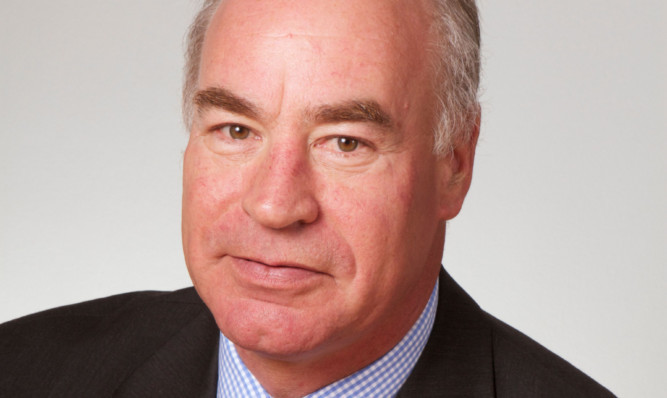Perth-based Braveheart Investment Group says it is well-set financially despite its first-half pre-tax losses more than doubling to £88,000.
The provider of finance to small and medium-sized enterprises said revenue had reduced by £72,000 to £922,000 for the six months to September 30.
This was mainly due to WhiteRock Capital Partners no longer operating through Strathtay Ventures, one of Braveheart’s investment management subsidiaries.
Braveheart provides equity capital and debt finance, and its direct investment portfolio comprises minority stakes in unquoted investments.
Specialising in debt and equity capital, Braveheart looks after clients including high net-worth individuals, family offices, and public sector organisations.
There were no realisations in the six months and an unrealised loss of £197,000, far greater than the £22,000 loss last year, on the revaluation of the investments.
Total income, including all unrealised movements in the portfolio valuation and contingent consideration, was 11% lower at £840,000.
Revenue was £922,000, compared to £994,000 in the prior year, and operating costs were down by £57,000 to £928,000.
The loss before tax jumped from £40,000 to £88,000.
Loss per share was 0.35 pence, compared to 3.66 pence last year.
The prior-year results included a loss of £805,000 from discontinued operations.
Chief executive Geoffrey Thomson said a large percentage of revenue is based on contracted fund management services, and Braveheart has a strong pipeline of business development opportunities.
“Alongside this we have a healthy portfolio of assets which are maturing and improving in prospects,” he continued.
“The business is well-set financially and we look forward to communicating progress to shareholders over the next year.
“There are a couple of things going on and we are in a good position.
“We are comfortable with where we are and are making good progress.”
While there have been encouraging signs in the economy, he said UK borrowing is still too high and the next government is going to need to make difficult decisions on how to deal with the deficit.
“We, therefore, do not expect times to get better in the short to medium term,” he said.
Shares closed the day unchanged at 15.00 following Monday’s session.
